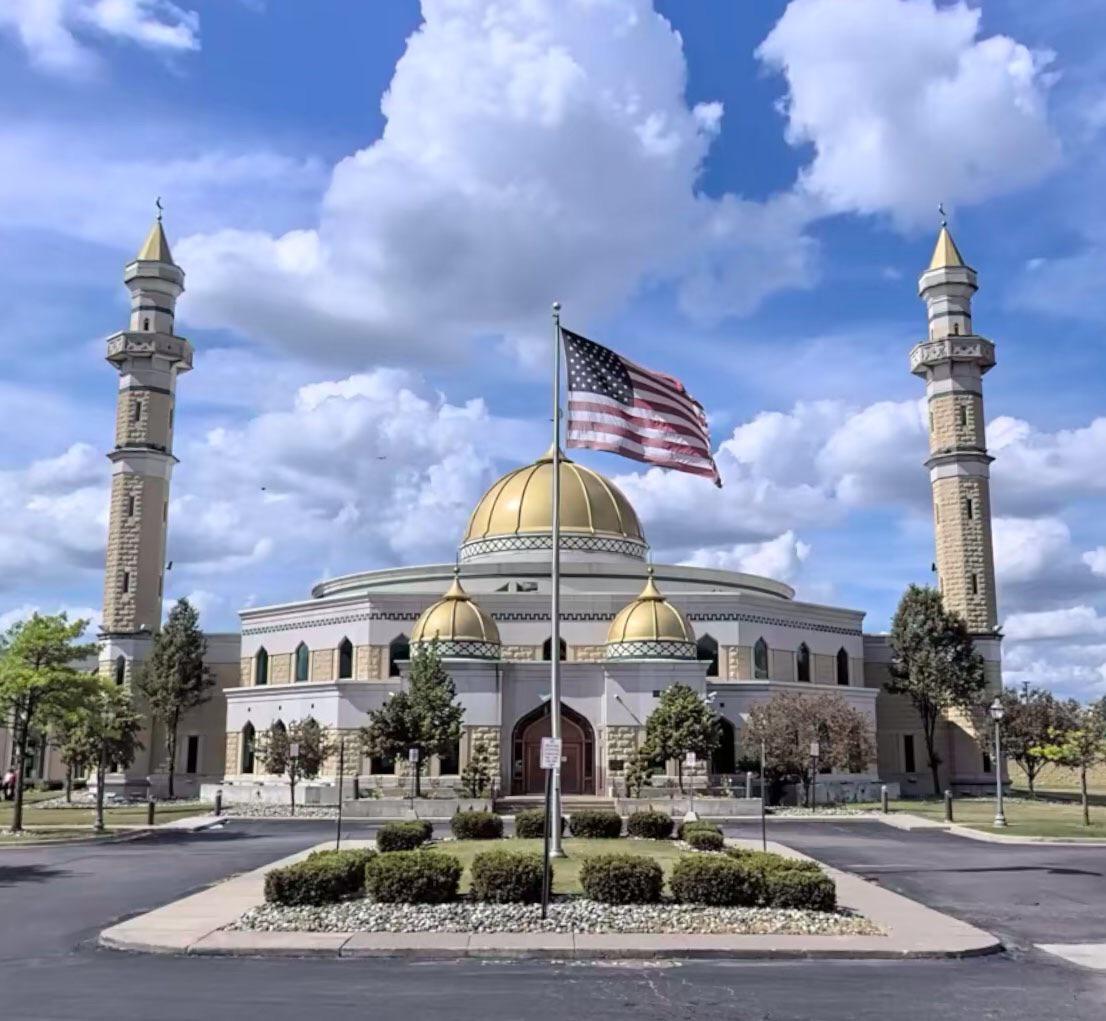
EARTH FUTURE ACTION
HOME ABOUT REPORTS CONTACT HELP WANTED
HOW THIS COULD CHANGE HISTORY

Islam was the greatest
religious revolution in history. In a mere 100 years, Islam became the largest
empire on the planet. It was not just a political empire it was a religious
empire. The populations under its control converted to Islam and never looked
back. . There is no serious record of significant
numbers of people rebelling and trying to return to their old religion, so the
argument that this was just put forward by force is a false argument. For 1000
years, Islam was the most important religion on the planet. The center of
civilization was in the East, not in the West. It was in places like Baghdad or Chang'an during the Tang Dynasty in China.
From 1700 onward, Islam began a steady and relentless
decline. The first big disaster was the collapse of the giant Mogul Empire in
India, which had the largest economy in the world at the time. One of the
reasons why it collapsed is its decision to move away from the policy of
tolerance. We believe that lessons
can be learned from that. That left only one major Islamic power in the world,
which was the Ottoman Empire, and the Ottoman Empire was defeated and largely
knocked out as a world power in World War 1. Even worse for the Muslims, the
Ottoman Empire formally repudiated the office of the caliphate in 1923. Granted,
this was a formality, but it was still significant. So, from 1923 to 1973, it
was a low point for Islam in world history, but history is dynamic and not
static, and during this, the seeds of a massive Islamic revival were sown.
Now, the community of Islam is not united today, and
there are many disagreements about what should be done, who represents Islam,
and who represents true Islam. We don't plan to resolve those issues in this
lecture. However, you cannot deny the importance of Saudi Arabia. By 1923, when
all looked hopeless, the Saudi Arabian state was born, and this was born around
an Islamic Movement (they don't call themselves Wahhabis, but people call them
the Wahhabi movement). A movement that believes in a strict interpretation of
the Koran, particularly as far as monotheism is concerned. However, the core of Saudi power
and Saudi funding of Islam around the world was significant. Whether you like
Saudi Arabia or not or whether you like the Wahhabi ideology or not, this cannot
be denied.
Two very important events happened. First; Nasser
suffered a catastrophic defeat at the hands of Israel, which really discredited
the whole political structure of secular Arab nationalism, and then in 1973, the
world changed forever when King Faisal of Saudi Arabia placed an oil embargo
against the West as a result of its support for Israel in the 1973 war. This
shook the world to its very foundations, and it's not an accident that 1973 was
the year when middle-class wages in America peaked. This was followed by huge
increases in the price of oil via the OPEC cartel and massive nationalizations
of Western oil companies in Arab and other countries. There was a geopolitical
revolution in 1973, which brought Saudi Arabia to the forefront of world power,
as much power almost as a modern superpower, and the amount of funding that
Saudi Arabia poured into global Islam went up by a quantum amount.
So today, Islam is back on the global game board, and Western imperialist intellectuals don't like that, but then they're not
doing very well, are they? They've presided over one war crime, one disaster
after another, and they're on their way out in world history. So, Islam is back
on the world game board. The Persian Gulf is the center of the world's energy
economy and will be for the foreseeable future. Uh, sorry, Western efforts at
renewable energy have not been very impressive, and there's an enormous issue of
the influence of the Persian Gulf over India and China in terms of their need
for oil and gas. So that's a reality.
Now, there's another factor that isn't widely
discussed in the role of Islam today. For the first time in history, all
the major Western states have quite significant Muslim minorities inside their
borders, so Islam can no longer be seen as some crazy ideology of some
crazy people in some foreign country.
Islam is the mosque down the street. Islam is Islamic kids playing in the local
basketball team. Islam is Islamic people participating in American life as
coworkers to Americans and so on. This is a revolutionary element, and it's also
true in Europe. Now, the question is, how does Islam communicate in the West?
Unfortunately, the Islam Islamic community, particularly in America, is very
inward-looking and very rightly concerned about persecution by the American
state and other forces. However, there needs to be a different look at this.
Christianity in America is in very sorry shape and America's in very sorry
shape. So, if Muslims could set an example and could think about reaching out in
a positive manner to their American compatriots, this could be a revolutionary
development.
The details of this will be discussed in a
future lecture.